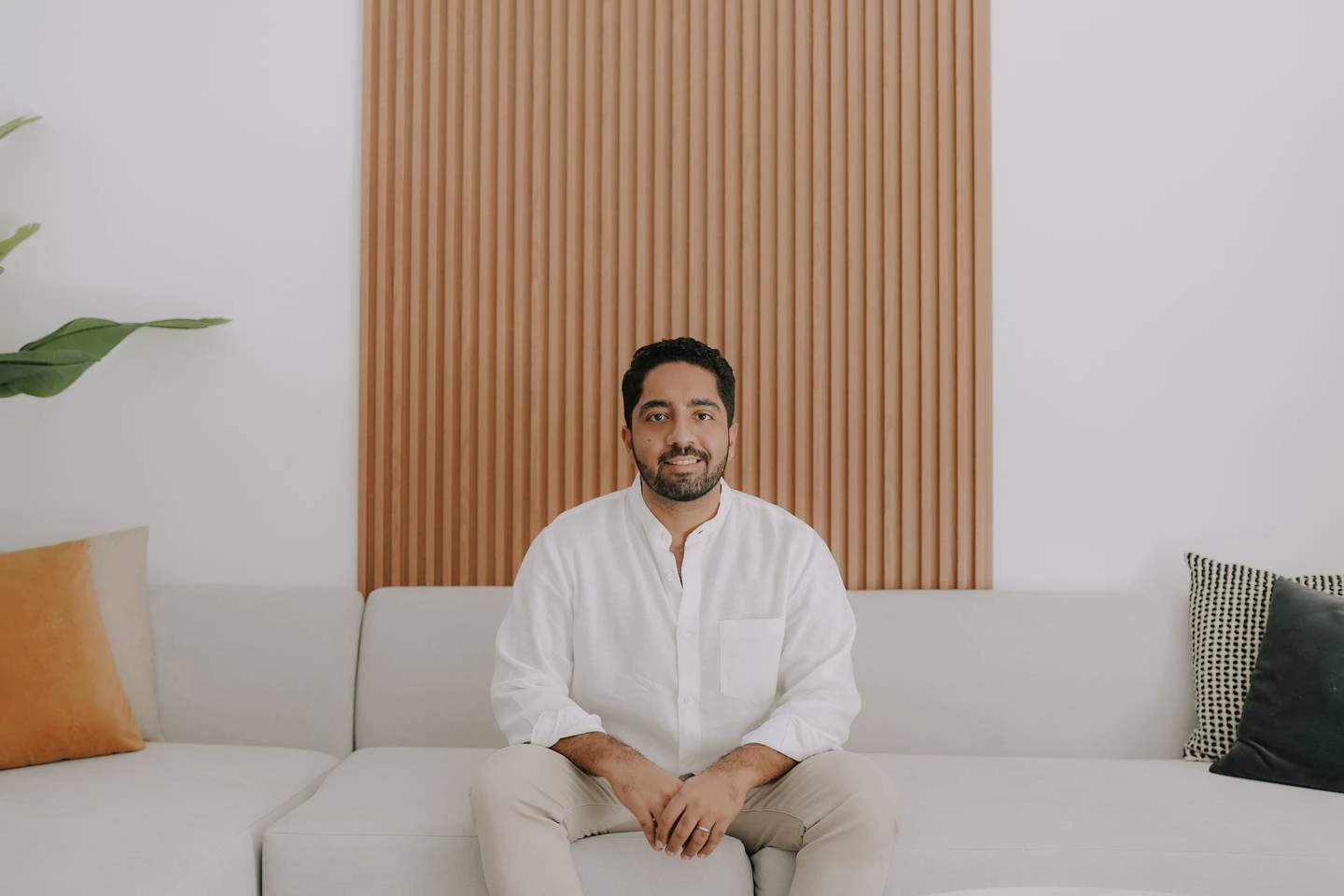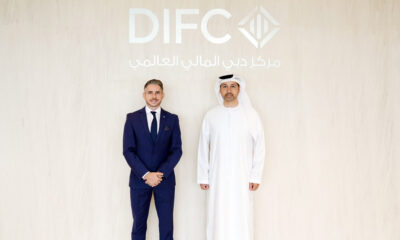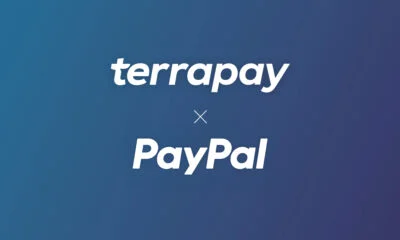News
Dubai Startup Silkhaus Aims For A “Smooth As Silk” Experience
Technology now plays a key role in the Dubai rentals market, helping real estate investors and travelers alike to create unique hospitality experiences.

Dubai-based Silkhaus is a PropTech startup that describes itself as a “technology-first hospitality brand”. The company aims to offer immersive nomadic experiences by “providing business and leisure travelers with a home away from home” and, as the name suggests, convert tedious planning into an experience that’s as smooth as silk.
For readers unfamiliar with the term, PropTech is the application of technology in the real estate sector. It encompasses everything from property management and Airbnb-style bookings to construction and analytics, with features usually accessed through a mobile app.
The global PropTech market value is projected to grow from $18.2 to $86.5 billion by 2032 — a compound annual rate of about 17% — and is primarily driven by nomadic professionals who are happy to relocate for career purposes.
As for Silkhaus, the startup was conceived by strategy consultant Aahan Bhojani, who noticed several issues with his own corporate travel experiences. He now strives to ensure others won’t experience the same frustrations.

“I realized there was something broken about the long-stay travel experience, and finding suitable long-term accommodation options on online travel aggregators was like pulling a needle out of a haystack […] aside from investors purchasing real estate, we have seen a growing interest in the resident population seeking to reside in the UAE. The need for a ‘landing pad’ to accommodate incoming audiences has never been stronger,” says Aahan Bhojani, founder and CEO of Silkhaus.
Also Read: Hotel Cloud Kitchen Startup Matbakhi Launches In Saudi Arabia
Despite a gradually worsening global market, Silkhaus was still able to raise $7.75 million in a seed funding round last month, and is well placed to boost its portfolio of investors and continue with a medium-term expansion strategy.
Over the last few years, big data and cloud technology have transformed consumer experiences in the property sector, positively affecting property owners, tenants, landlords, and brokers alike. Startups like Silkhaus look set to continue this trend, with plans in the works to expand to cities across the Middle East and eventually into South and South-East Asia.
News
Google Releases Veo 2 AI Video Tool To MENA Users
The state-of-the-art video generation model is now available in Gemini, offering realistic AI-generated videos with better physics, motion, and detail.

Starting today, users of Gemini Advanced in the MENA region — and globally — can tap into Veo 2, Google’s next-generation video model.
Originally unveiled in 2024, Veo 2 has now been fully integrated into Gemini, supporting multiple languages including Arabic and English. The rollout now brings Google’s most advanced video AI directly into the hands of everyday users.
Veo 2 builds on the foundations of its predecessor with a more sophisticated understanding of the physical world. It’s designed to produce high-fidelity video content with cinematic detail, realistic motion, and greater visual consistency across a wide range of subjects and styles. Whether recreating natural landscapes, human interactions, or stylized environments, the model is capable of interpreting and translating written prompts into eight-second 720p videos that feel almost handcrafted.
Users can generate content directly through the Gemini platform — either via the web or mobile apps. The experience is pretty straightforward: users enter a text-based prompt, and Veo 2 returns a video in 16:9 landscape format, delivered as an MP4 file. These aren’t just generic clips — they can reflect creative, abstract, or highly specific scenarios, making the tool especially useful for content creators, marketers, or anyone experimenting with visual storytelling.
Also Read: Getting Started With Google Gemini: A Beginner’s Guide
To ensure transparency, each video is embedded with SynthID — a digital watermark developed by Google’s DeepMind. The watermark is invisible to the human eye but persists across editing, compression, and sharing. It identifies the video as AI-generated, addressing concerns around misinformation and media authenticity.
While Veo 2 is still in its early phases of public rollout, the technology is part of a broader push by Google to democratize advanced AI tools. With text-to-image, code generation, and now video creation integrated into Gemini, Google is positioning the platform as a full-spectrum creative assistant.
Access to Veo 2 starts today and will continue expanding in the coming weeks. Interested users can try it out at gemini.google.com or through the Gemini app on Android and iOS.
























